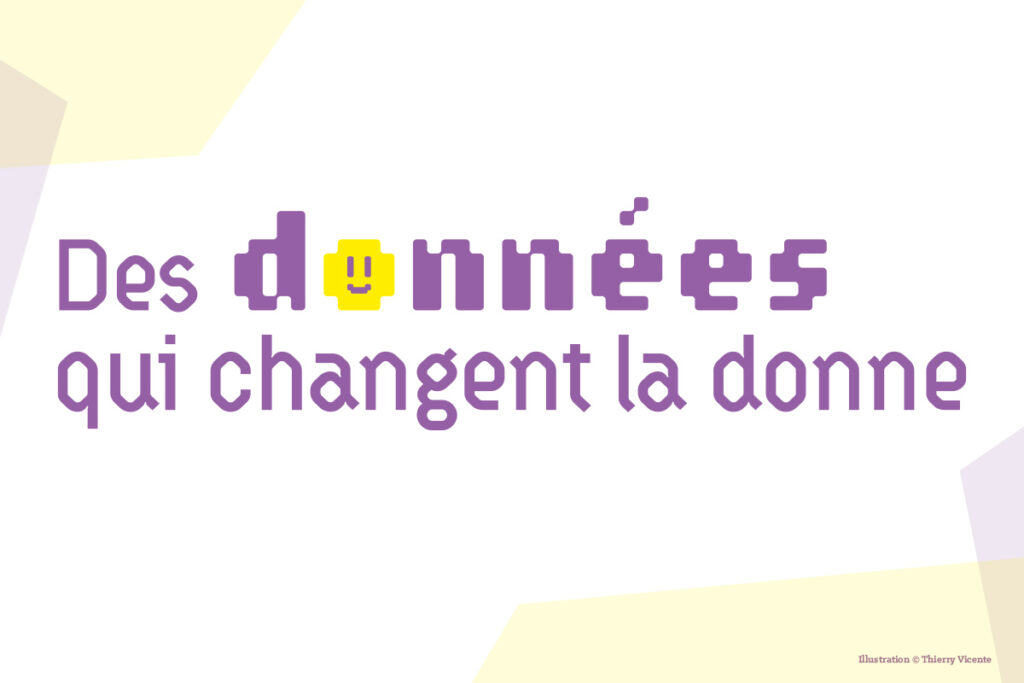[LUM#19] Game-changing data
While the term "sobriety" is on everyone's lips, researchers from the HUTproject—Human at home—are focusing on better communication of consumption data to users in order to establish more virtuous behaviors over the long term. After an initial phase carried out in an observatory apartment, a second phase is being prepared on a collective scale.

Between environmental awareness and economic necessity, more and more users are turning to consumption tracking apps. "Often managed by energy suppliers, meter readings do not always provide a clear understanding of consumption and do not encourage more virtuous behavior over time," explains Anne-Sophie Cases, marketing researcher at Montpellier Research in Management* and coordinator of the Human at Home (HUT) project.
Co-developing a model
For four years, a multidisciplinary team of researchers worked with data collected from an observatory apartment equipped with numerous sensors and inhabited by a pair of students called "cohabitants" (HUT: Towards a human and intelligent habitat). "Our initial goal was to work with them to develop a model for reporting information that would enable them to measure the gap between their perception and their actual consumption," the researcher continues. To achieve this goal, the researchers and cohabitants opted for a monthly newsletter in the form of a floor plan of the apartment with consumption data for each item. "The idea was to offer a highly visual presentation, avoiding graphs or diagrams, which ultimately have little impact on changing practices."
Another request from the participants: to be able to situate their consumption over time but also within a social norm by providing elements of comparison. "Sending data for data's sake is pointless! It needs to be accompanied by commentary, " says the HUT project coordinator. "The occupants wanted us to tell them whether their consumption was higher than average, whether they had made progress compared to the previous month, using emojis or smileys, for example."
Collective anchoring
HUT will soon enter the second phase of the project. This time, there will be no more connected observatory apartments, but instead a cohort of student volunteers will be trained to get involved in research programs. This approach would be unprecedented in France. "We are going to set up this community of testers, which could include around 50 students, and we are also planning to work with the Crous," explains Anne-Sophie Cases.
An opportunity to explore collective energy management strategies in anticipation of potential load shedding measures, which are increasingly being discussed by Enedis. "Our hypothesis is that by informing users that a peak is going to occur, some will collectively agree to disconnect because they can, in order to avoid an imposed and unpredictable power cut," explains the researcher. This collective dimension could help to embed these virtuous behaviors in the long term. "Individual actions are important but discouraging, whereas collective action engages, provides a framework, and brings visible results. It's a fact that the issue of energy is a collective challenge, " concludes Anne-Sophie Cases.
To listen to
- The podcast of the program La science s’aMuse recorded with Anne-Sophie Cases on January 14, 2021. A co-production of the University of Montpellier and Divergence FM.
* MRM (UM, UPVD)
Find UM podcasts now available on your favorite platform (Spotify, Deezer, Apple Podcasts, Amazon Music, etc.).